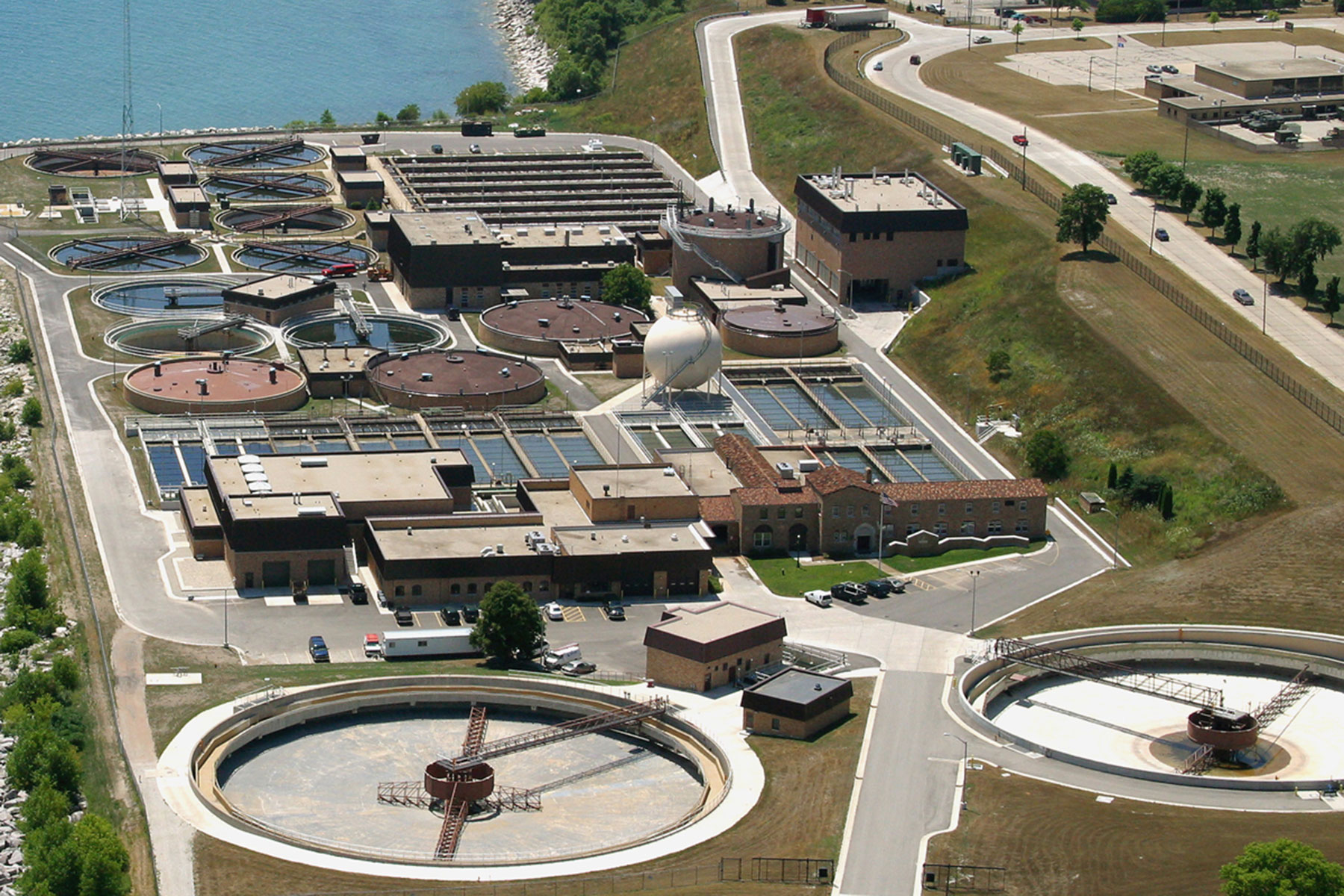
Midwest Environmental Advocates (MEA) filed a legal action on May 25, under the Great Lakes Compact, to challenge the April 25 approval by the Wisconsin Department of Natural Resources (DNR) of the City of Racine’s request to divert 7 million gallons per day (MGD) of Great Lakes water outside the Great Lakes Basin.
The Great Lakes Compact’s 2008 enactment was a historic accomplishment at both the regional and national level and celebrated as a means to safeguard the world class freshwater resources of our magnificent Great Lakes.
“This legal challenge is essential, as Wisconsin’s approval of the Lake Michigan water diversion requested by Racine tests the integrity of the Great Lakes Compact by ignoring a key requirement of the historic agreement entered into by the eight Great Lakes states and enacted into federal law,” said Jodi Habush Sinykin, attorney for Midwest Environmental Advocates. “This mistake must be corrected to defend the Great Lakes Compact and to protect our magnificent Great Lakes in the near and distant future.”
A centerpiece of the Compact, then and now, is its Ban on Diversions, reflecting the region’s determination to prohibit the transfer of Great Lakes water outside the basin unless a diversion request can meet narrowly defined exceptions outlined in the provisions and definitions of the Compact.
“Milwaukee Riverkeeper has worked tirelessly to ensure protection of the Great Lakes and proper implementation of the Compact,” said Cheryl Nenn, of petitioner Milwaukee Riverkeeper. “On this historic moment, the 10 year anniversary of Wisconsin’s signing of the Compact, we are proud to stand with our state and regional partners to bring our concerns to light around the Racine diversion approval.”
As set forth in the legal petition filed Friday afternoon, Wisconsin DNR disregarded and unreasonably interpreted a core Compact requirement that all water transferred out of the Great Lakes Basin must be used for public water supply purposes, clearly defined as “serving a group of largely residential customers.”
“The proposed withdrawal will not serve primarily residential customers but is clearly earmarked for the private Foxconn industrial project. This violates the Compact and sets a precedent for multiple, non-compliant, withdrawal requests by straddling communities that lie not only along Lake Michigan’s 1,640 mile shoreline, but also along 4,530 miles of Great Lakes’ shoreline,” said Louise Petering, League of Women Voters of Wisconsin Board of Director.” This precedent, if allowed to stand, undoes a core provision of the Compact, essentially unraveling the international agreement and will do undetermined damage to the sustainability of the Great Lakes.”
As stated in the petition, the greatest majority of the 7 MGD of water requested for transfer out of basin will be used to supply Lake Michigan water to one single private industrial customer, Foxconn, in the amount of 5.8 MGD, with the remaining 1.2 MGD used to supply water to industrial and commercial facilities surrounding the Foxconn facilities.
“The city of Racine acknowledges that the diversion is largely intended for a single foreign corporation. Within the Great Lakes Compact, eight Great Lakes states and the Canadian provinces of Ontario, and Quebec wisely require any diversion to be primarily for residential households,” said Raj Shukla, executive director of petitioner River Alliance of Wisconsin. “Wisconsin’s approval of this diversion, for the benefit of one private company, betrays both the spirit and the letter of an agreement that protects water for all of us.”
Of significance, the petition states that Racine’s diversion application identified no amount of transferred water (0 gallons) that would be used to supply residential customers in the out-of-basin portion of Mt. Pleasant subject to the diversion request.
The petitioners represented by MEA in this case are: Milwaukee Riverkeeper, League of Women Voters of Wisconsin, River Alliance of Wisconsin, and Minnesota Center for Environmental Advocacy. The petitioners have consistently advocated for the strongest protections possible for the waters of the Great Lakes, in keeping with the spirit and the letter of the Compact.
“The Great Lakes Compact is a protective regional framework that grows more important every year as water resources become more valuable and scarce,” said Kathryn Hoffman, CEO of Minnesota Center for Environmental Advocacy. “Actions undermining this framework threaten all of the people who depend on the Great Lakes.”
As the world’s largest freshwater ecosystem, the Great Lakes are a national treasure. They house 20 percent of all freshwater on the surface of the planet, provide drinking water to 40 million people, create habitat for 3,500 species of plants and animals, and support a $4 billion sports fishing industry. The Great Lakes Compact was created to protect the Great Lakes as a vital economic and cultural resource. Experts from all over the Great Lakes region spent over 30 years working together to craft and ultimately ratify a good-faith agreement that serves to protect the Great Lakes for future generations.
Milwaukee Riverkeeper
Аpplіеd Technologies, Inc.














